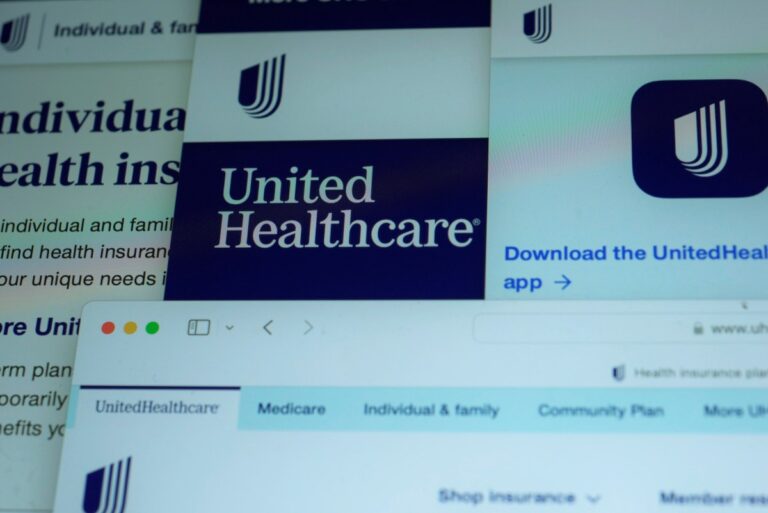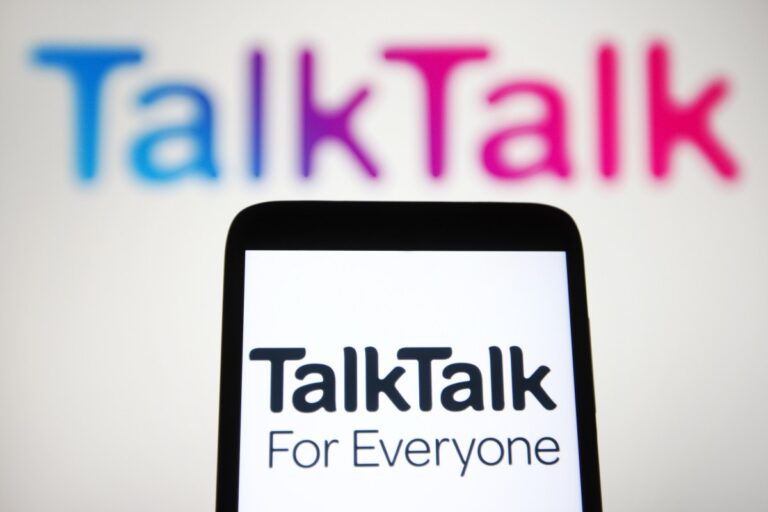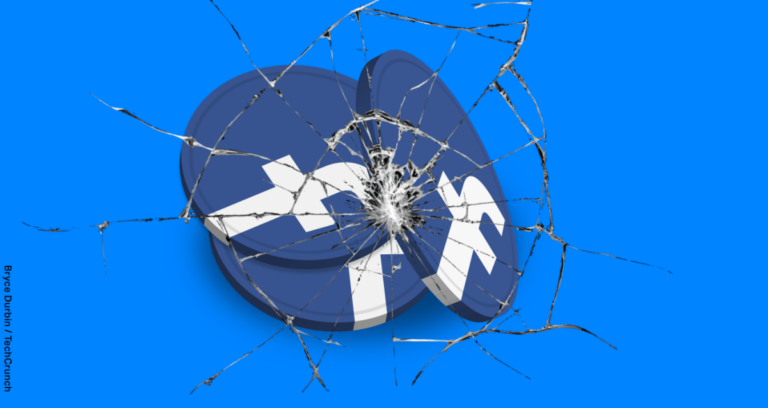Health Firm HCRG’s Controversial Demand: Journalist Faces UK Court Order to Retract Data Breach Coverage
In a significant development within the realm of cybersecurity journalism, a U.S.-based journalist has refused to comply with a court-ordered injunction from the U.K. regarding a recent cyberattack on HCRG, a major player in the private healthcare sector. This situation raises critical questions about the intersection of international law, press freedom, and the rights of individuals affected by data breaches.
Background on the Cyberattack and Legal Actions
The law firm Pinsent Masons filed an injunction on behalf of HCRG on February 28, demanding that DataBreaches.net, a site operated by journalist Dissent Doe, remove articles detailing a ransomware attack on HCRG. The court order, issued by the High Court of Justice in London, sought to prevent the publication of sensitive data that had been stolen during the attack.
The letter from Pinsent Masons explicitly warned that failure to comply with the injunction could result in severe consequences for DataBreaches.net, including contempt of court charges, potential imprisonment, and financial penalties.
Dissent Doe’s Response and Legal Justifications
Despite the legal threats, Dissent Doe has opted not to remove the articles, arguing that:
- DataBreaches.net is not under U.K. jurisdiction.
- The reporting is protected under the First Amendment in the United States.
- The injunction does not directly mention DataBreaches.net or the specific articles in question.
Dissent Doe, supported by legal counsel from Covington & Burling, maintains that transparency is crucial, particularly concerning significant breaches that may impact many individuals.
Implications of the Injunction for Cybersecurity Journalism
This case underscores the challenges faced by cybersecurity journalists who often report on sensitive issues that companies prefer to keep confidential. Legal threats of this nature are not uncommon, yet the publication of injunctions remains rare due to fears of legal repercussions.
The details of this injunction highlight how U.K. law can be utilized to issue demands for the removal of critical or potentially embarrassing stories. In this particular incident, the letter from Pinsent Masons confirmed that HCRG had indeed fallen victim to a ransomware attack.
Details of the HCRG Cyberattack
HCRG, previously known as Virgin Care, acknowledged on February 20 that it was investigating a cybersecurity incident. The Medusa ransomware gang has claimed responsibility, asserting that it stole approximately 2 terabytes of data from HCRG’s systems. This organization serves over half a million patients in the U.K. and employs more than 5,000 staff members.
According to HCRG’s spokesperson, Alison Klabacher:
“We can confirm that we took legal action aimed at preventing the republication of any data accessed by the criminal group, to minimize potential risk to those who may have been affected.”
Community Reactions and Future Implications
The situation raises pressing concerns about the potential for widespread censorship of journalists, particularly regarding reporting on data breaches involving U.K. entities. Dissent Doe cautioned that:
- The injunction could deter future reporting on significant cyber incidents.
- Journalists may face increased scrutiny and legal threats when covering U.K.-related data breaches.
As the HCRG incident continues to unfold, it remains essential for independent journalists to uphold their commitment to transparency and public interest, despite the looming threats of legal action. For further details on the implications of cyberattacks and data breaches, visit DataBreaches.net or explore related articles on TechCrunch.







